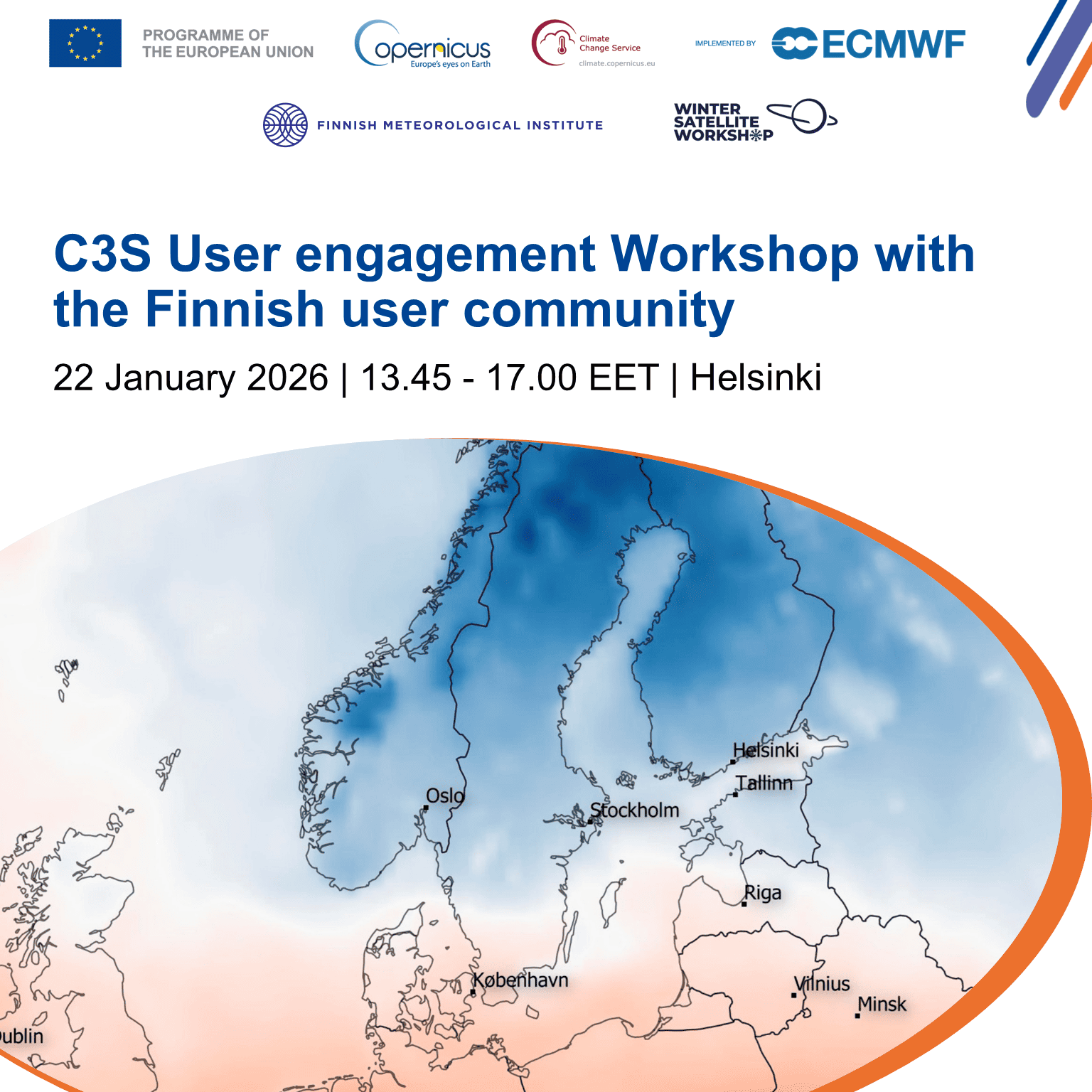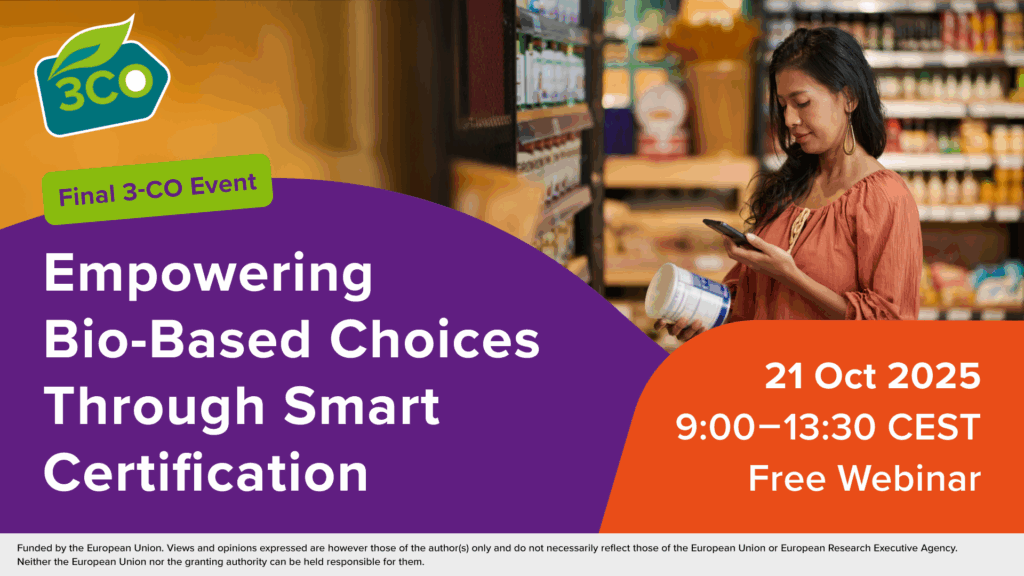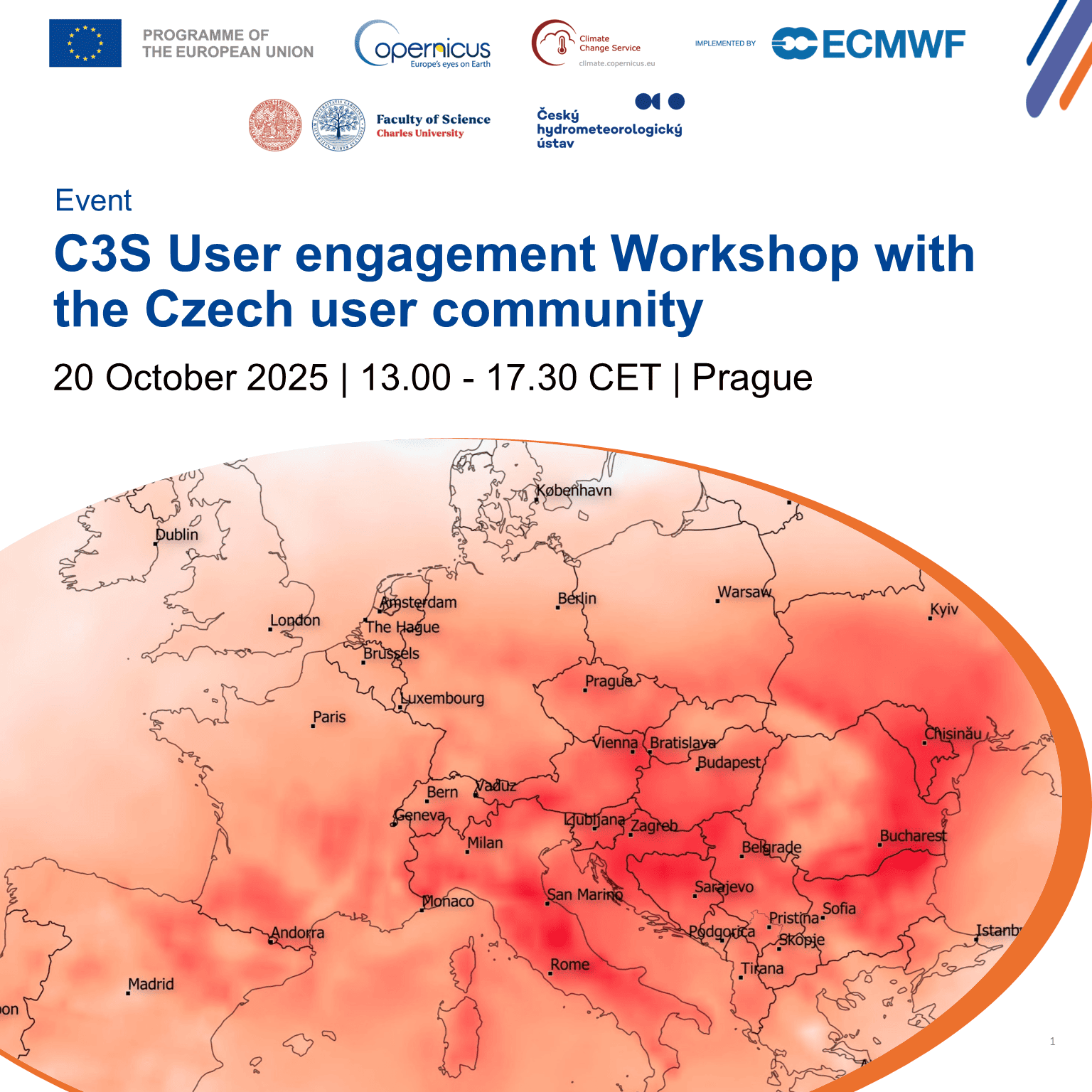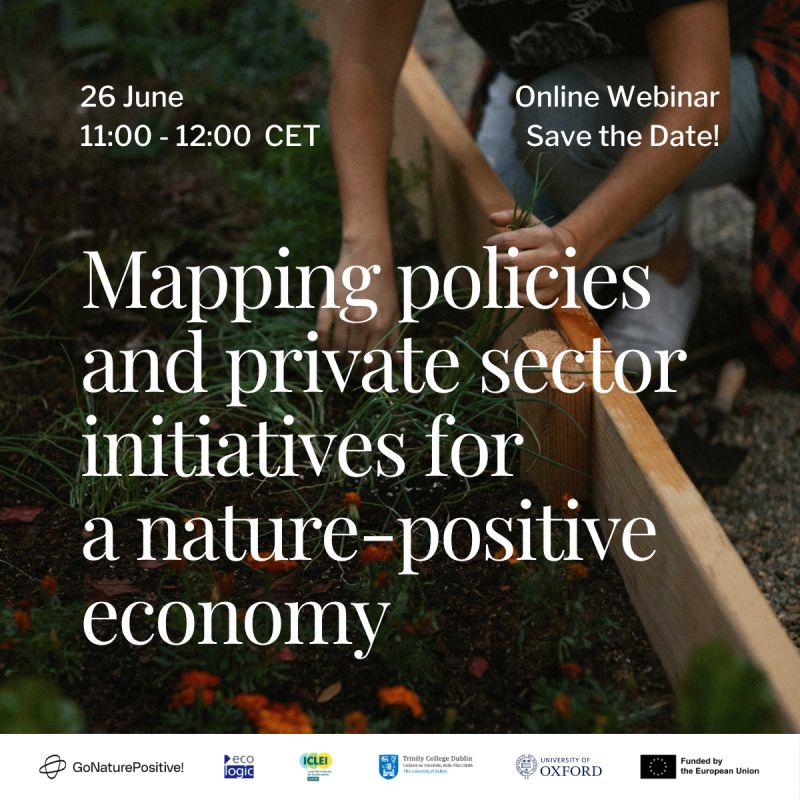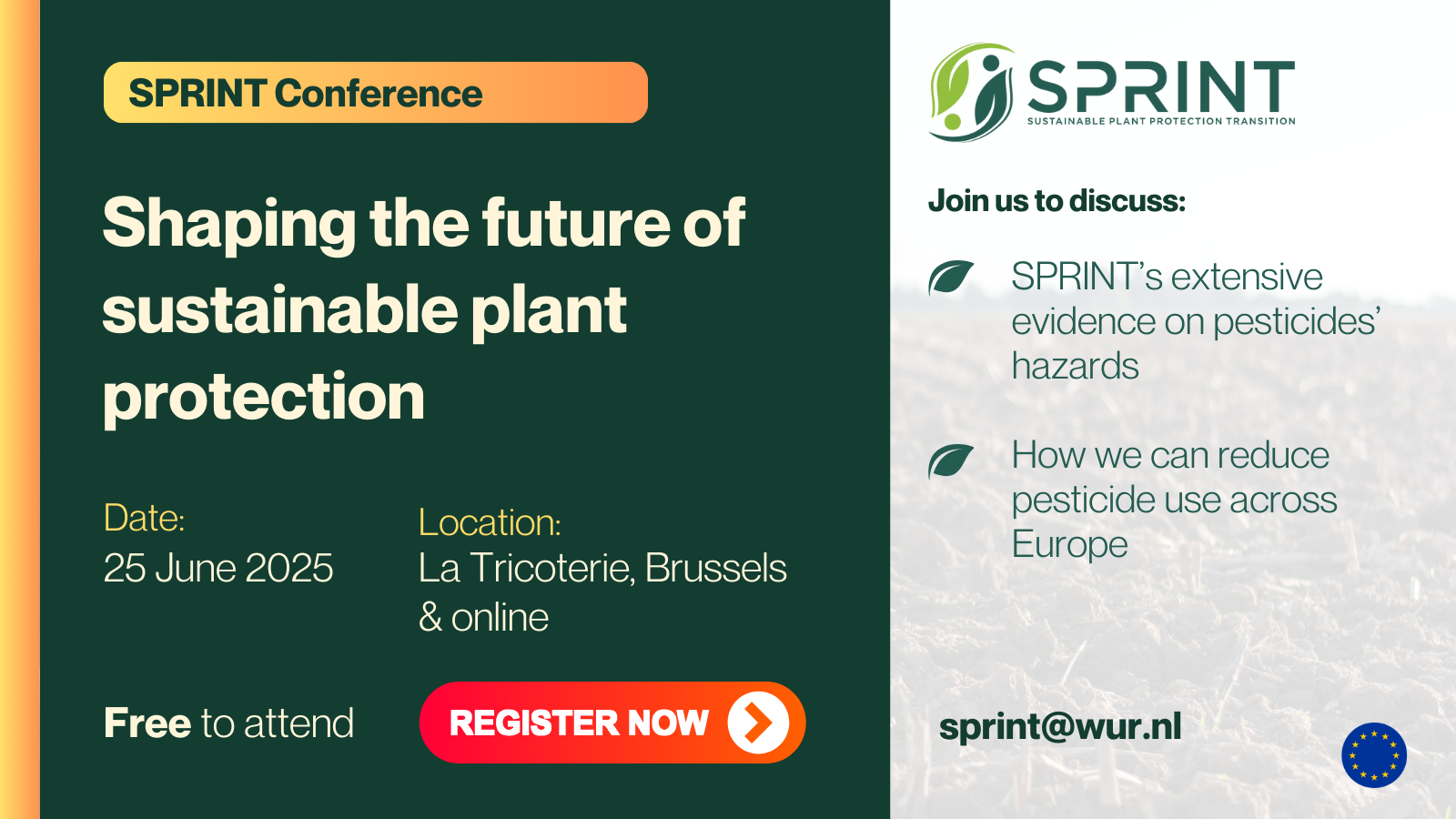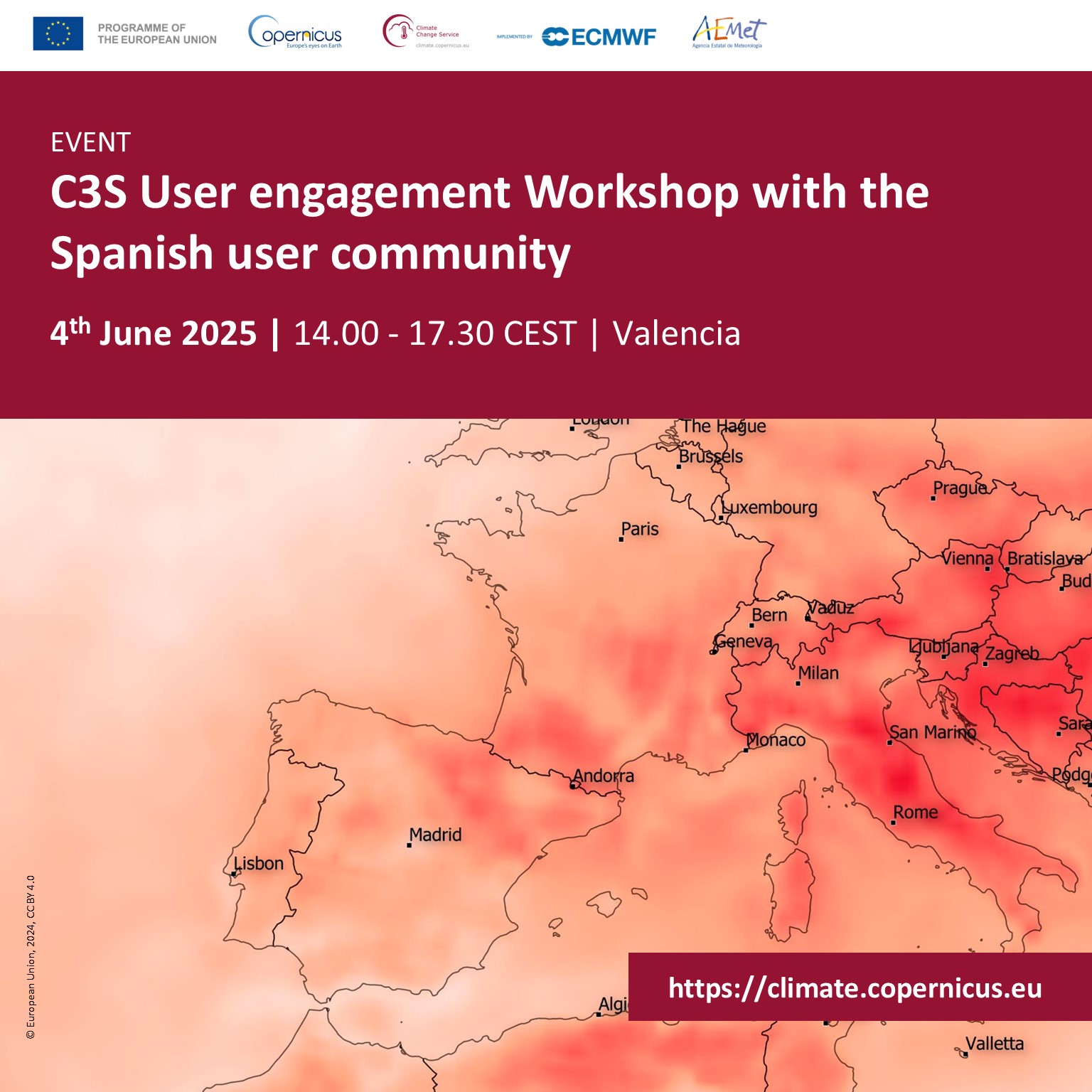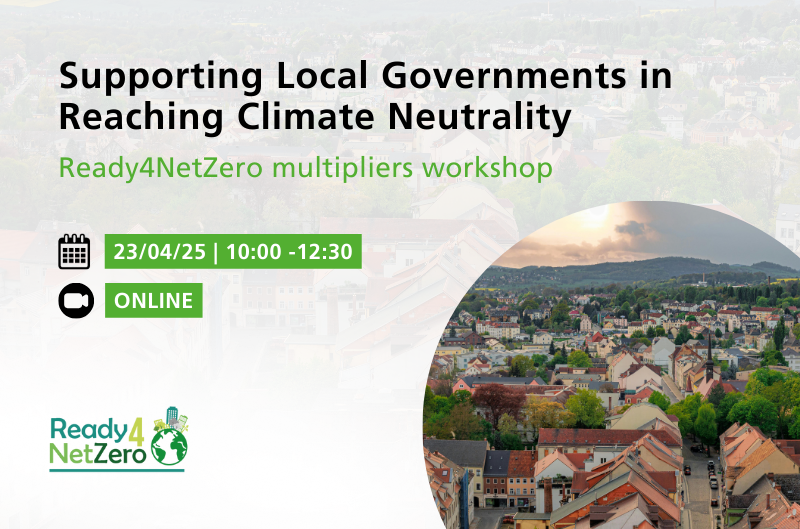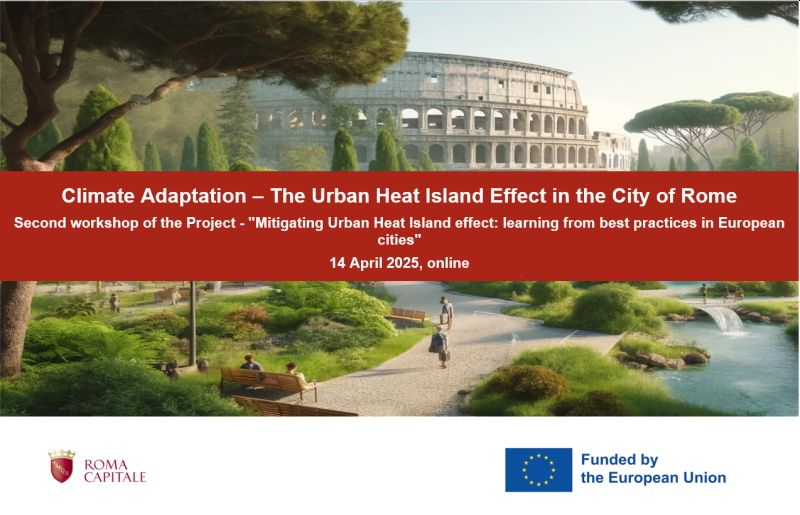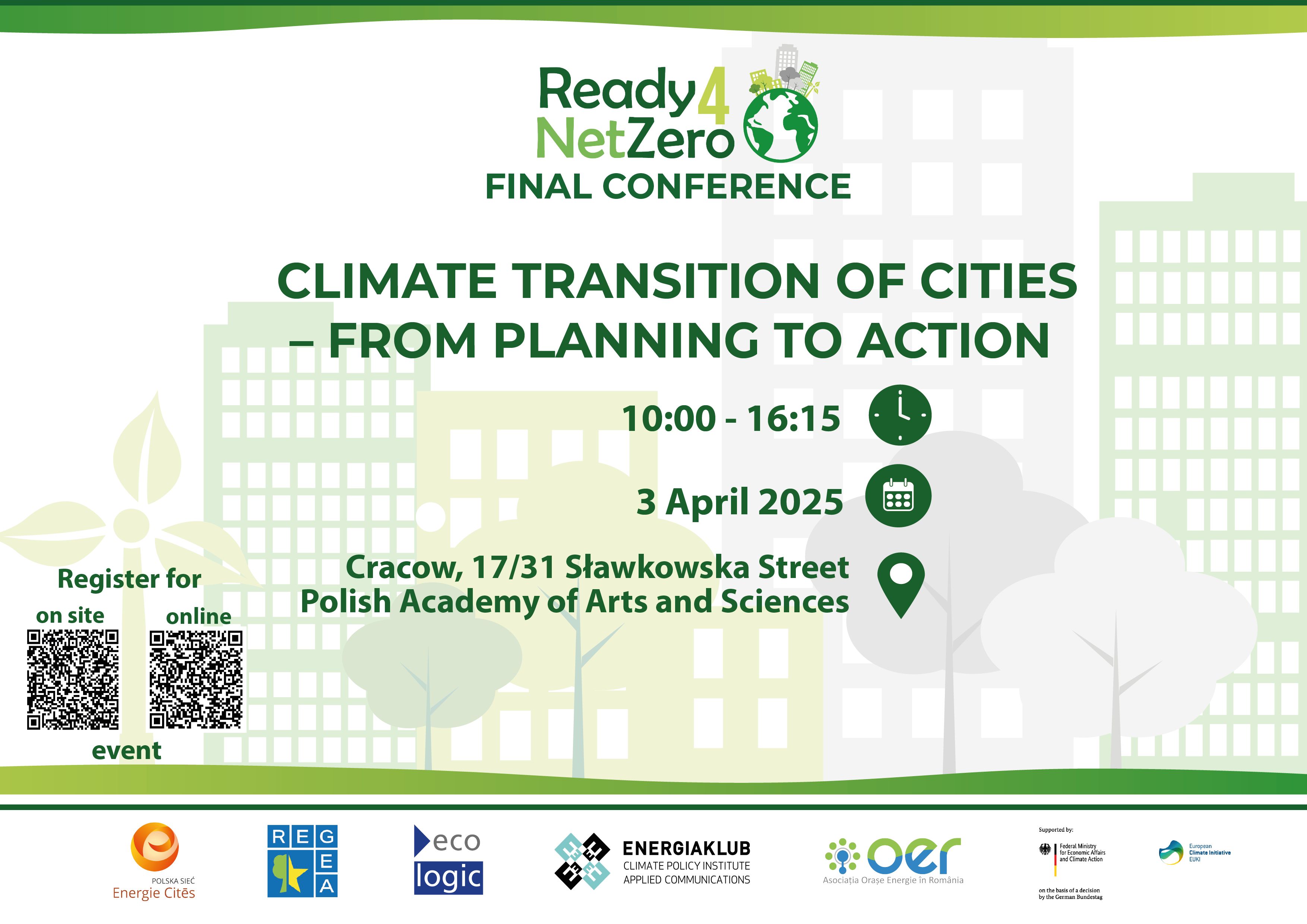Ecosystem-based Adaptation for Coastal Resilience (II)
In-depth Workshop on Community Engagement and Strengthening Partnerships for Coastal EbA
-
online
Reality Checking the Clean Industrial Deal
Launch of the Clean Industrial Transition Monitor
online
Storage and Pre-processing: Infrastructure for Regional Products
Market Information Talk 2026
Beelitz (Zauchwitz) – Syringhof,
Germany
Designing Climate Resilient Landscapes in Europe
Regional Expert Workshop
-
Bucharest,
Romania
Designing Climate Resilient Landscapes in Europe
Regional Expert Workshop
-
Helsinki,
Finland
EU Climate and Energy Policy in a Polarising World
Discussing insights from the Ariadne Project
-
Brussels,
Belgium
Learning from Buyers – Unlocking Private Purchases of EU CDR
Closed door workshop
Brussels,
Belgium
ZirTeNet at the ADD-ITC Textile Conference in Aachen
Information Booth on 27–28 November 2025
-
Aachen,
Germany
5th EU Blue Parks Community Workshop
Achieving Mission Ocean and Waters protection targets
online
Bridging Science and Policy – Exploring the Marine Protection and Climate Adaptation Nexus
MEER:STARK Final Event
-
hybrid | Berlin,
Germany
Navigating Arctic Futures: Adaptive Governance for Resilient Ecosystems and Communities
An expert workshop under the YESSS project
online
The Role of Social Innovation in Promoting Sustainable Consumption and Production
3-CO Final Event
online
Dynamic Ocean Management in Arctic Waters – New Dynamic with the BBNJ Agreement?
Panel session at the Arctic Circle Assembly 2025
Reykjavik,
Iceland
Ecosystem-based Adaptation for Coastal Resilience (I)
In-depth workshop on stocktake and finance perspectives
-
Berlin,
Germany
Nature-Based Solutions as Enablers of a Nature-Positive Future
Holistic Framework for Successful Development of NbS
-
Aarhus,
Denmark
From Thread to Cycle: Business Models for a Circular Future
Online Workshop
Online,
Germany
Designing Climate Resilient Landscapes in Europe
Regional Expert Workshop
-
Berlin,
Germany
Tracking the Transition to a Clean, Competitive and Fair EU Future
Launch of the 3rd Assessment by the European Climate Neutrality Observatory
online
Plan Digitally – Act Sustainably
Final Event and Stakeholder Workshop of the AMAREX Project
Cologne,
Germany
Fit for the future? How the new German government is positioning itself in environmental policy.
Horizon Scan
Berlin,
Germany
Ecologic Institute turns 30
A special evening to reflect, connect, and celebrate
Berlin,
Germany
Mapping Policies and Private Sector Initiatives for a Nature-positive Economy
Insights from the GoNP! project
online
Shaping the Future of Sustainable Plant Protection
Final Conference
online and Brussels,
Belgium
Launch of Web Tool on heavy rainfall and drought
3rd AMAREX Stakeholder Workshop
Berlin,
Germany
Shaping the Future of Hamburg's Agricultural Sector – Together
Vision Workshops
-
Hamburg,
Germany
Perspectives on a Purchasing Programme for CRCF Permanent Carbon Removal Credits
online and Brussels,
Belgium
European Rural Circular Bioeconomy Conference
SCALE-UP Final Conference
-
online and Brussels,
Belgium
Supporting Local Governments in Reaching Climate Neutrality
Ready4NetZero multipliers workshop
online
Mitigating the Urban Heat Island Effect
Learning from Best Practices in European Cities
Online,
Italy
Climate Transition of Cities – From Planning to Action
Ready4NetZero Final Conference
online and Kraków,
Poland
